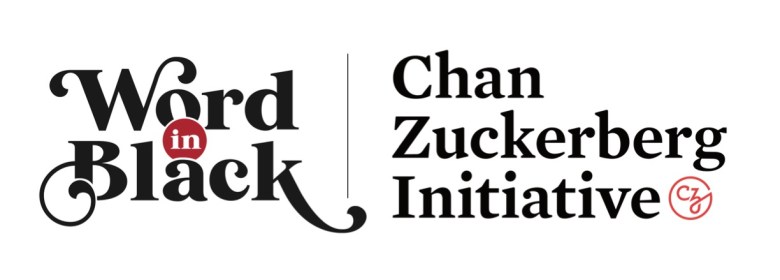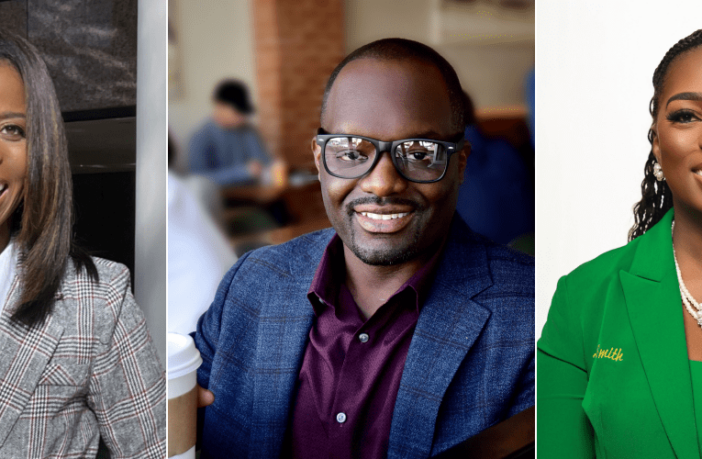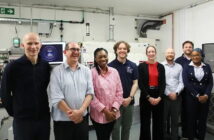By Tashi McQueen
AFRO Staff Writer
tmcqueen@afro.com
In an ever-evolving world, science, technology, engineering and math (STEM) learning opportunities are the building blocks of a solid education. Studies say learning STEM as early as kindergarten can significantly better prepare children to one day pursue a career in the sciences, technology or engineering.
A 2017 study by the Joan Ganz Cooney Center, highlighted the need for starting STEM education in the early years of a child’s life.
“The technology revolution has made it critical for all children to understand STEM,” the report reads. “To support the future of our nation, the seeds of STEM must be planted early, along with and in support of the seeds of literacy. Together, these mutually enhancing, interwoven strands of learning will grow well-informed, critical citizens prepared for a digital tomorrow.”
Ora Tanner, CEO of Black Unicorn Education, leads efforts to educate communities and corporations about Artificial Intelligence (AI) and emerging technologies. (Photo courtesy of Ora Tanner)
Black youth–especially– need these opportunities. A study by Catherine Riegle-Crumb and several others showed that only 34 percent of Black students finish their STEM degrees, compared to 43 percent of Latinx students and 58 percent of White students.
“A lot of the Black individuals who do end up going into STEM, normally later, have an unconventional path because they didn’t get opportunities early on,” said Ora Tanner, CEO of Black Unicorn Education, an organization that helps communities and corporations learn about artificial intelligence (AI) and other emerging technologies.
African Americans represented only 9 percent of the STEM workforce in 2021, according to the National Science Foundation’s Diversity and STEM: Women, Minorities and Persons with Disabilities 2023 report. In 2011, Black people made up only 7 percent of the STEM workers in the U.S.
Tanner helped highlight why it is important for Black youth to pursue STEM careers.
“We need people asking the questions that are relevant to our community…researching the different causes of cancer in Black females or health in certain neighborhoods,” said Tanner. “Other people might not be looking at that.”
Neil Thompson, an engineer and children’s book author, spoke with the AFRO about an array of solutions that could help bridge the gap between Black youth and other ethnic groups in STEM.
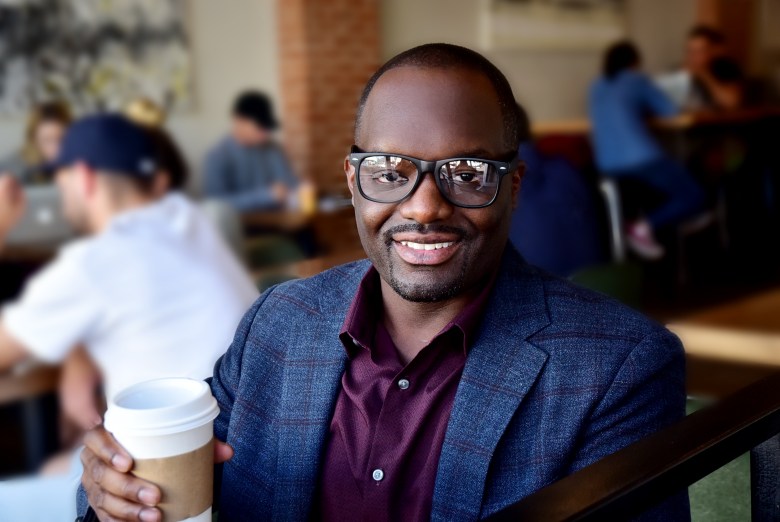 Neil Thompson is an engineer and author of the children’s book “Ask Uncle Neil: Why is my hair curly?” which encourages youth to explore careers in science, technology, engineering and math. (Photo courtesy of Neil Thompson)
Neil Thompson is an engineer and author of the children’s book “Ask Uncle Neil: Why is my hair curly?” which encourages youth to explore careers in science, technology, engineering and math. (Photo courtesy of Neil Thompson)
Thompson suggests that Black children need to hear that “non-Black children aren’t any better than they are, and they can learn just as well as non-Black children.”
“Ultimately, the parents, teachers and schools can promote STEM to Black kids by encouraging their curiosity, letting them know that STEM is for everyone and giving them opportunities to learn more and further fuel that curiosity,” said Thompson. “Parents should take their kids to the library regularly. Many major cities have a science center–take the kids there.”
Thompson wrote a book, titled “Ask Uncle Neil: Why is my Hair Curly?” which encourages youth to explore careers in science, technology, engineering and math.
Tanner echoed the value of parental involvement.
“If they educate themselves on the topic, they can lead the way,” said Tanner. “That’s part of what I’m trying to do. Learn about AI, go to the family STEM nights at a school, and see what’s happening. Teachers, parents, and even grandparents have to do it so the child is getting those touch points from all of the different areas of their life, not just the classroom.”
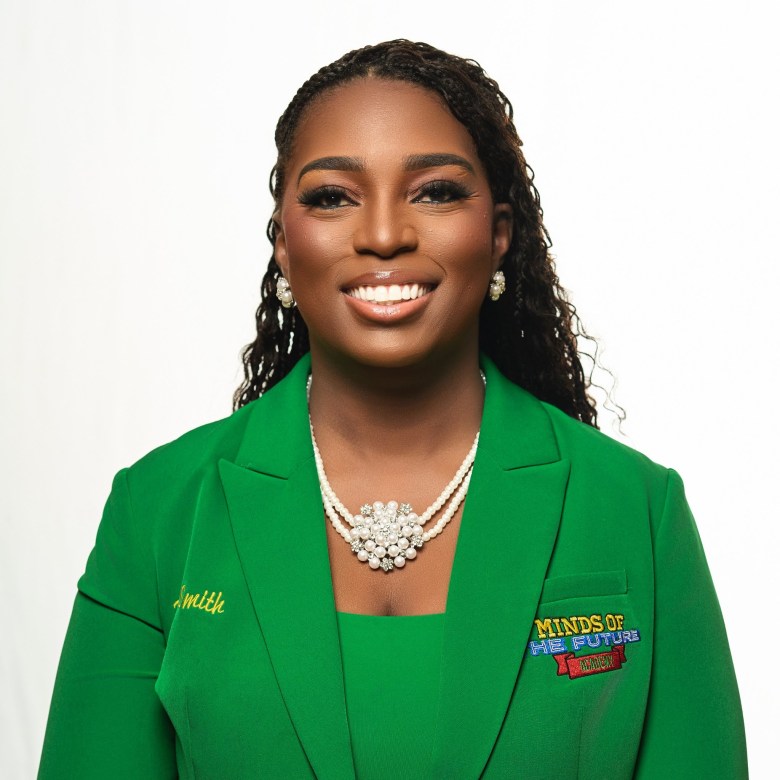 Dr. Cynthia Smith is the principal and founder of Minds of the Future Academy, a private STEM school in Jacksonville, Fla., where 99 percent of the students are Black. (Photo courtesy of Dr. Cynthia Smith)
Dr. Cynthia Smith is the principal and founder of Minds of the Future Academy, a private STEM school in Jacksonville, Fla., where 99 percent of the students are Black. (Photo courtesy of Dr. Cynthia Smith)
Though there is much work to do, there are some schools, educators and organizations around the U.S. avidly working to provide STEM learning opportunities for Black youth.
Dr. Cynthia Smith, principal of Minds of the Future Academy, spoke with the AFRO about how much hard work it takes to implement STEM in schools. Minds of the Future Academy is a private STEM school based in Jacksonville, Fla., where 99 percent of the students are Black.
“STEM labs, instructors and competitions are expensive,” said Smith. “It takes all hands on deck to implement STEM in schools. I’m constantly doing interviews and writing books so more people can be encouraged to get into STEM education and spread the word to others.”
Smith said growing up, “there were no conversations around being an engineer. There was no discussion about me being a farmer.” She believes that in order for STEM studies to effectively inspire the next generation of leaders, schools and educators must be intentional with it.
Smith said that is why her school also hosts career days where she introduces students to careers they are unfamiliar with.
“At Minds of the Future Academy, we start teaching foundational skills like coding, web design, video graphics and media training to children as young as five years old. This early start sets the stage for a lifelong passion for innovation and positions them for success in a technology-driven world,” said Smith. “STEM careers dominate the list of high-demand jobs globally. By focusing on skills that align with these industries, we ensure our students are not just prepared but competitive.”
